
A Mother’s Love.
A mother’s love is a truly audacious force. It’s a kind of love that will overcome the gut-wrenching blows of loss, grief, sickness and pain to make a better way for their children. It is self-sacrificing, loyal and ever-committed to help form a strong and healthy future for the ones they love, even when it comes at the cost of their own well-being.
This is Gurubari’s story.

As a young girl, Gurubari grew up with her family in a village in Eastern India. Married at 20 to a man her parents arranged for her, Gurubari quickly started a family of her own. Her life was forever changed by the birth of her son, and it wasn’t long after that before they welcomed a daughter to the family, too. They owned a beautiful home and shared a wonderful life together, but it wasn’t long before tragedy struck. Ten years into their marriage, Gurubari’s husband died, leaving Gurubari all alone as a single mom to provide and care for her two young children.
It was also about this time when Gurubari got sick.

With strong character and unwavering courage, Gurubari found work as a day laborer. For nearly 20 years, she worked tirelessly to support her two children and provide for their needs and education. Her focus after losing her husband was solely on creating a better future for her son and daughter, despite the toll it took on her. But shortly after her husband’s death, Gurubari was also exposed to leprosy, and this illness led to decades of excruciating pain and incessant degradation.
Gurubari’s wounds grew so severe that she was barely able to walk. They were infected and bleeding, causing fever symptoms that were never-ending. But Gurubari had never received treatment. Never once had she gone to a clinic to care for herself, but instead put all her income towards her children’s futures. Her daughter got married and moved away. But due to the leprosy on her leg, her neighbors forced her to move out of her home. Then, her son unexpectedly passed away. Gurubari was left all alone, with nowhere to go. As a last resort, she found herself at West Bengal’s Gidni Leprosy Colony.
Through our Leprosy Care Project, Gurubari is finally receiving the treatment she desperately needed. She is receiving regular medical visits right at her front door, and because of access to medication and consistent treatment, Gurubari no longer suffers from high fevers or infections. With help from the treatment center, paired with her determination and positive outlook, Gerubari is hopeful about her future after recovery from leprosy.

Leprosy is an isolating disease. Even though 95% of the population is immune, the fear of being exposed to its bacteria leaves most people with this condition severed from their families and loved ones. Gerubari has a dream to fully recover from leprosy so that she can one day be reunited with her daughter. She has no desire to stay in a leper colony, with her only option for income as a beggar on the streets. But with healing comes hope, and Gerubari has a deep hope to recover from her illness and live the remainder of her days with her family––the ones her mother’s love has always fought for.

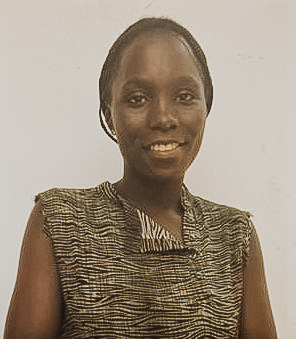
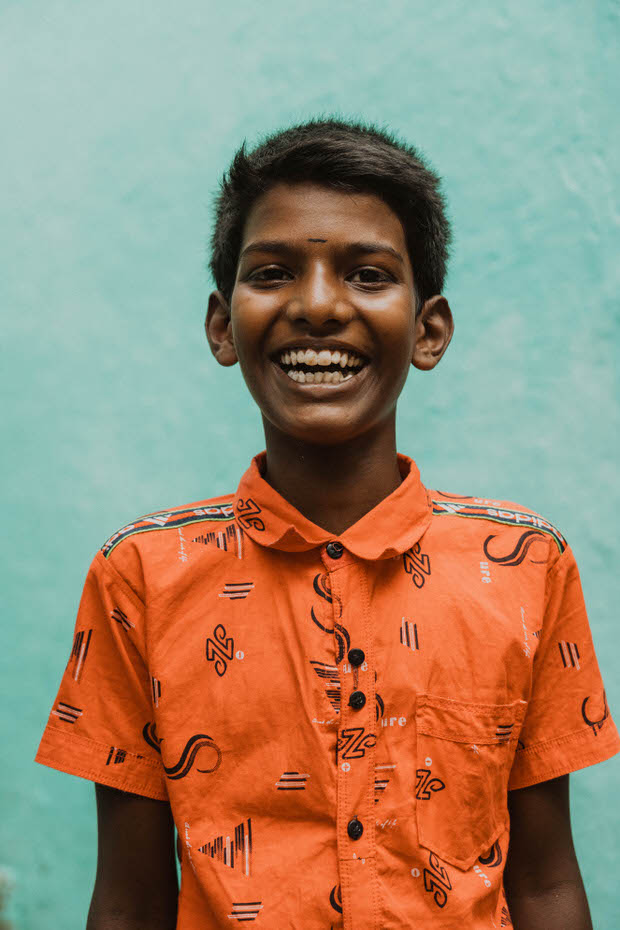
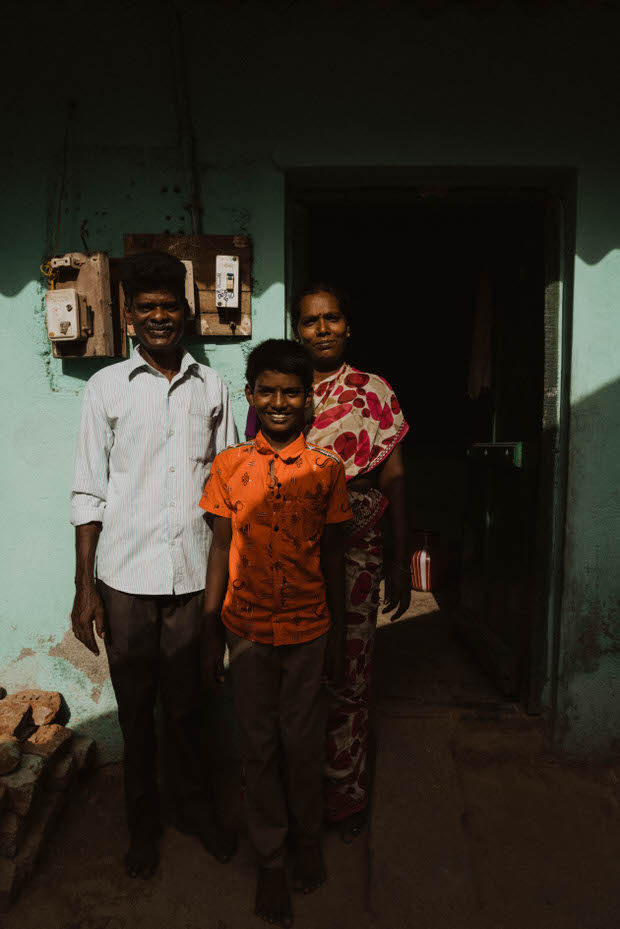
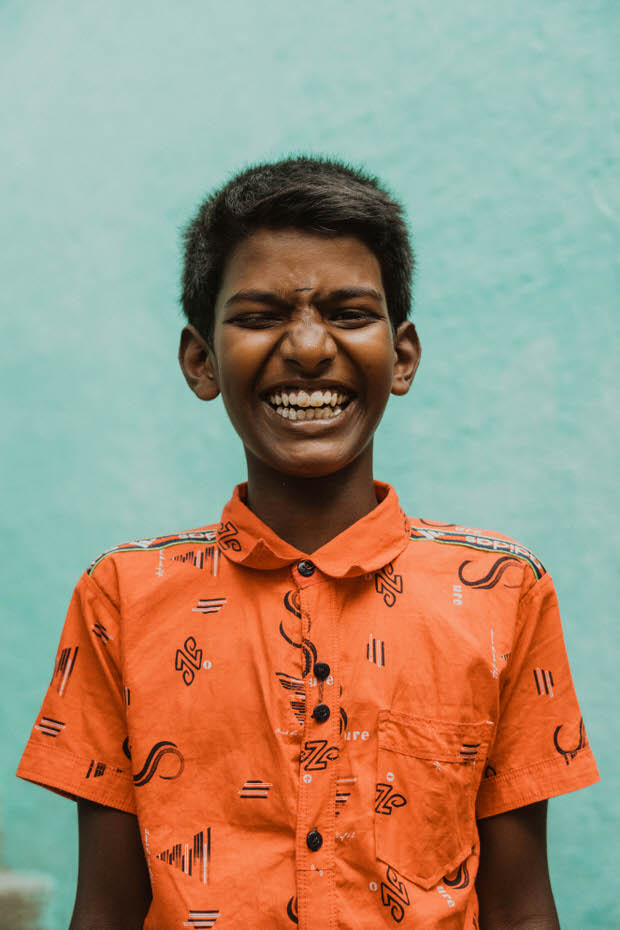
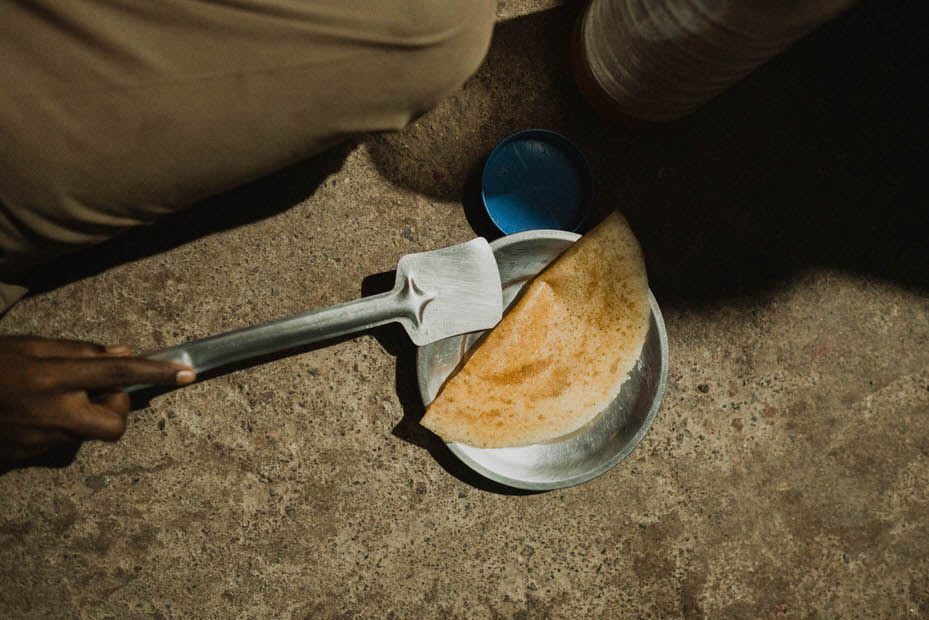
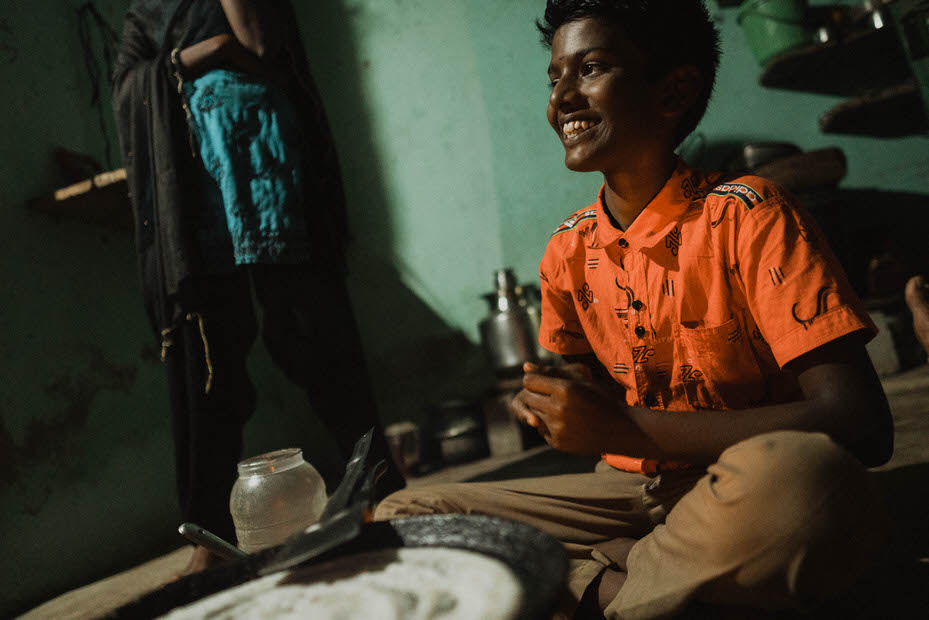
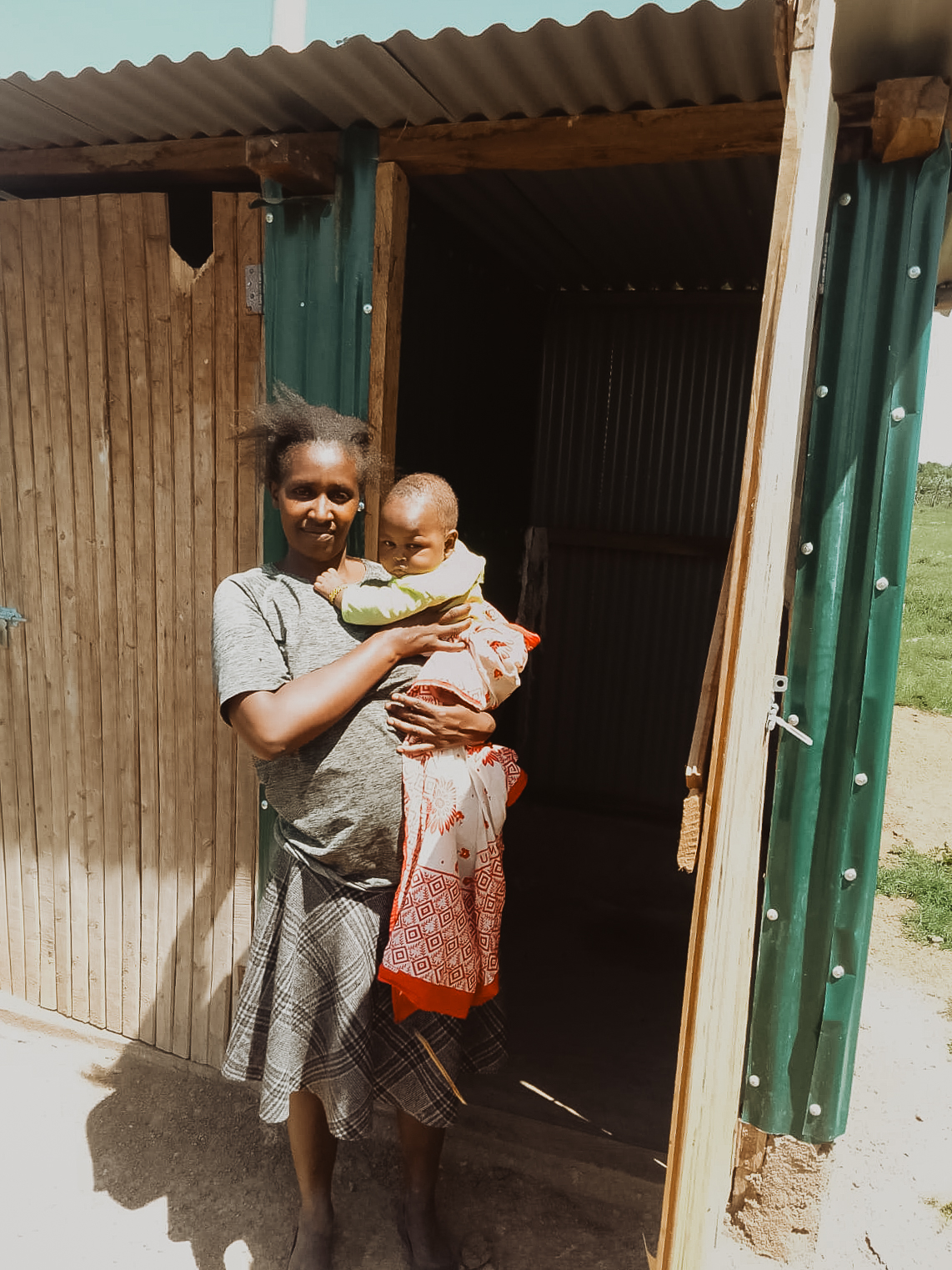
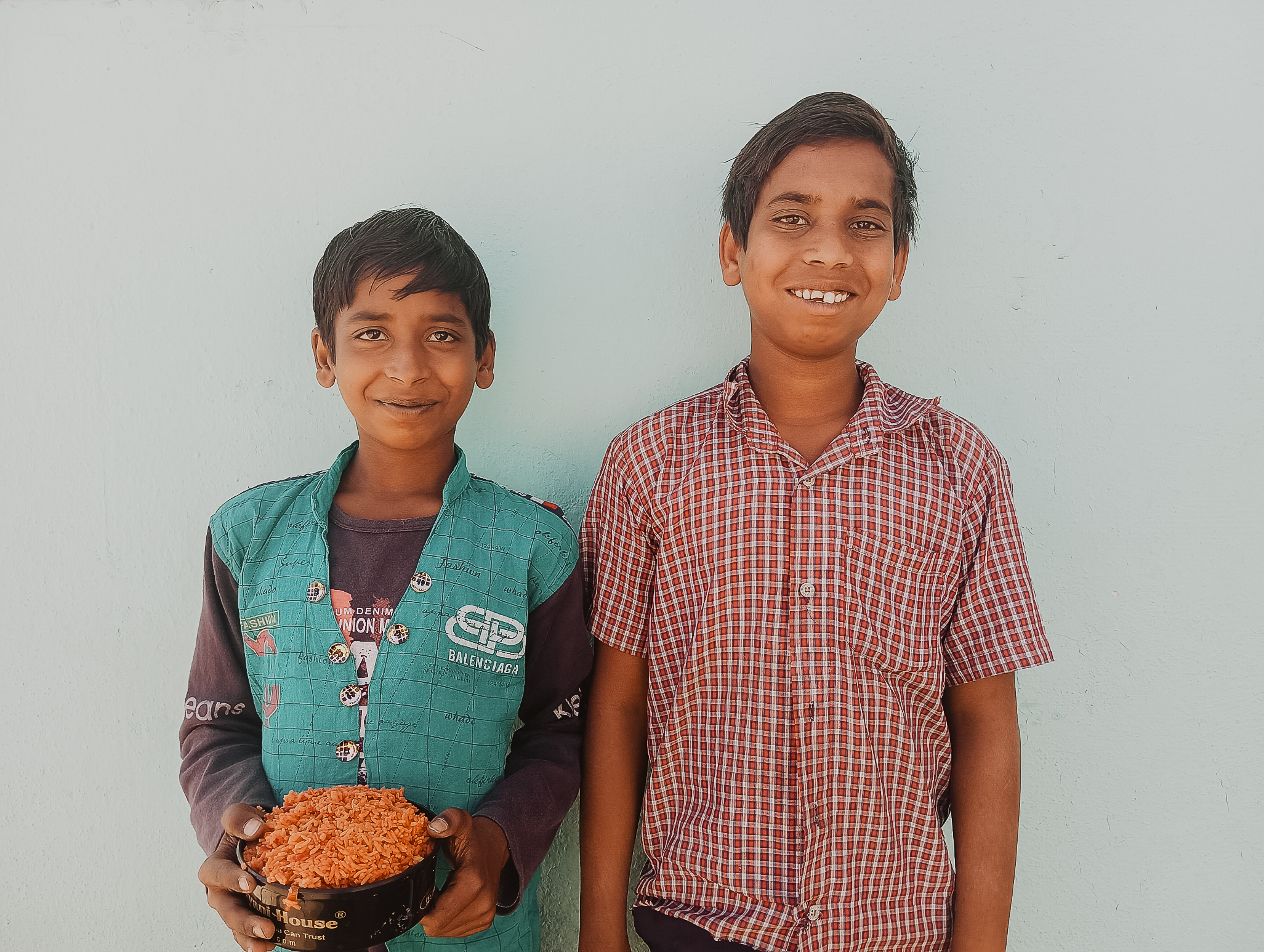
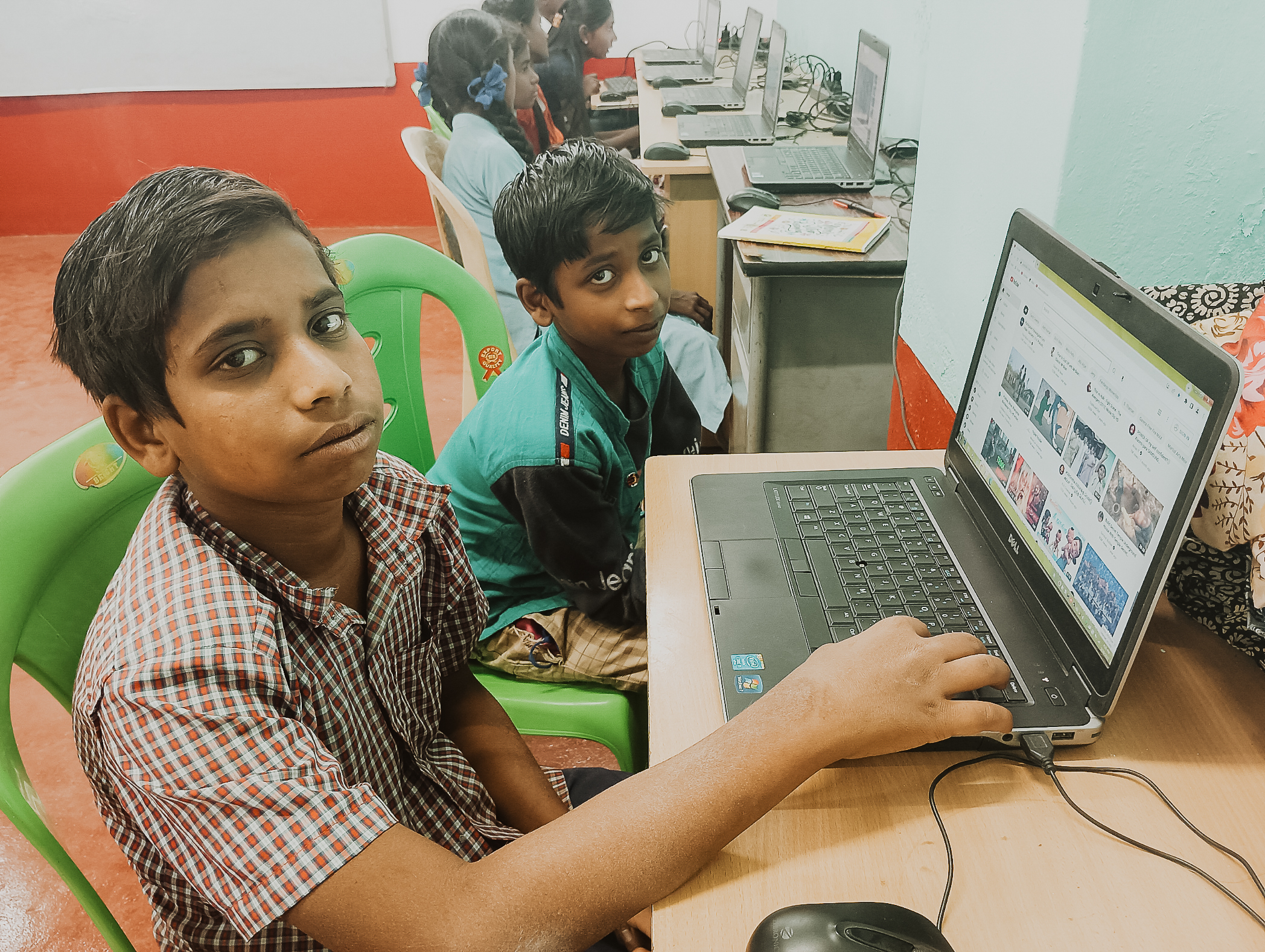
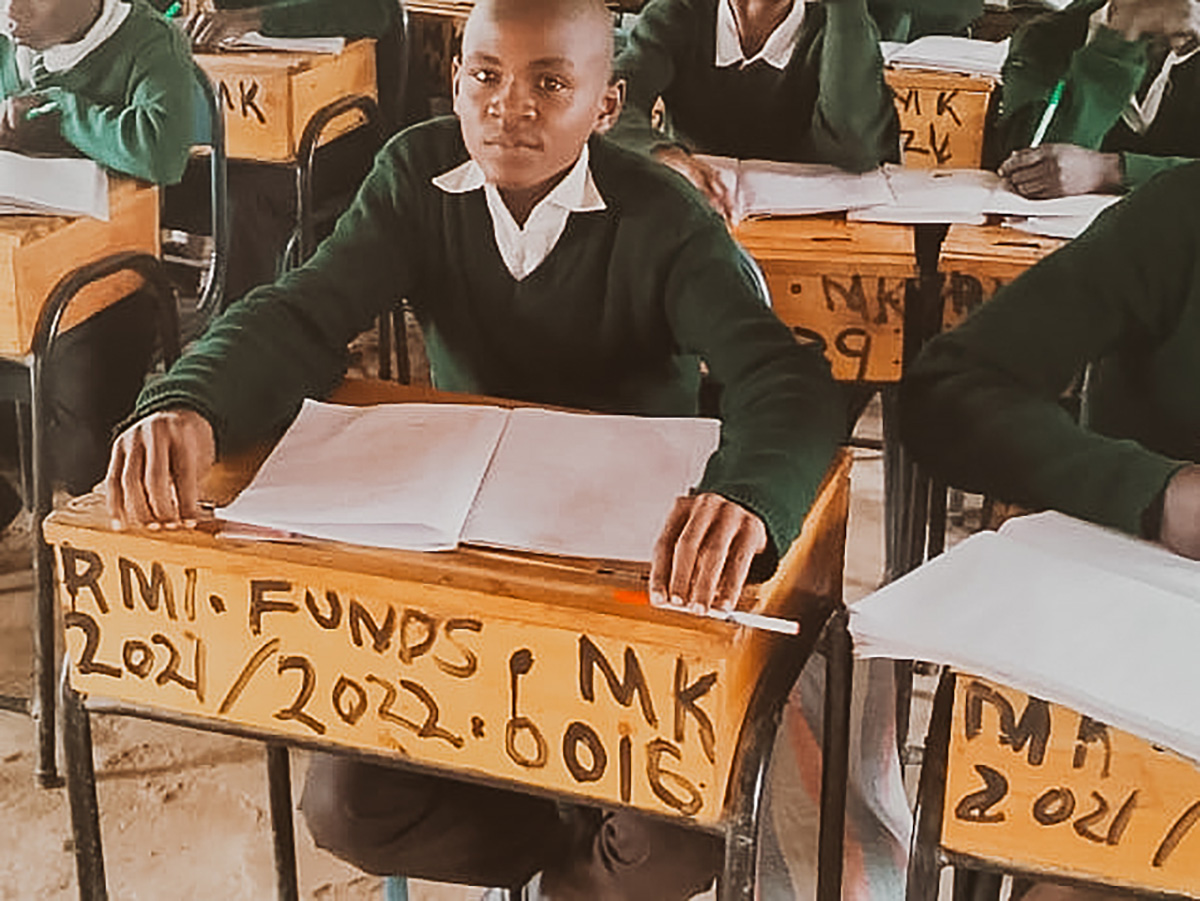

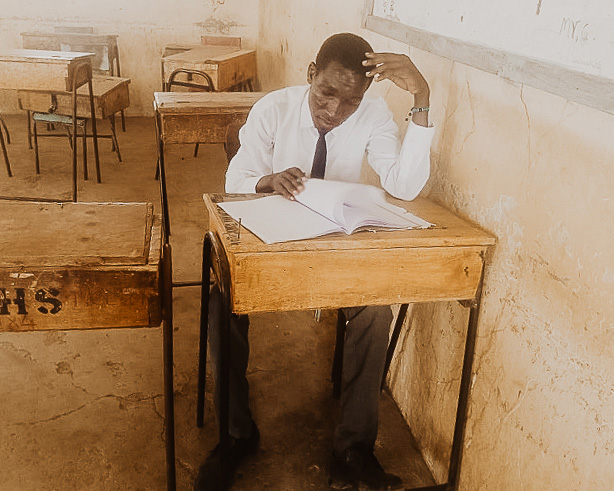
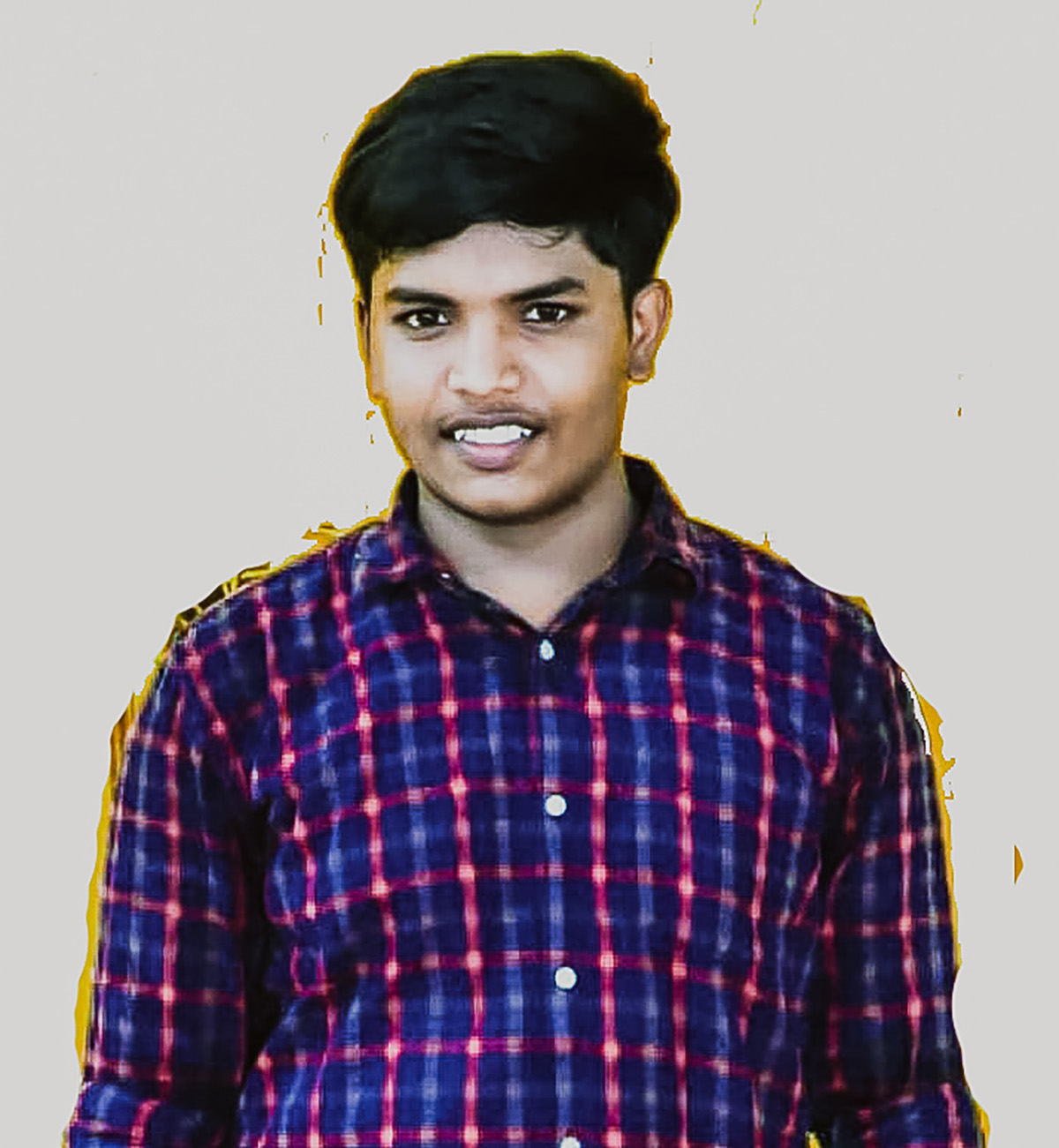
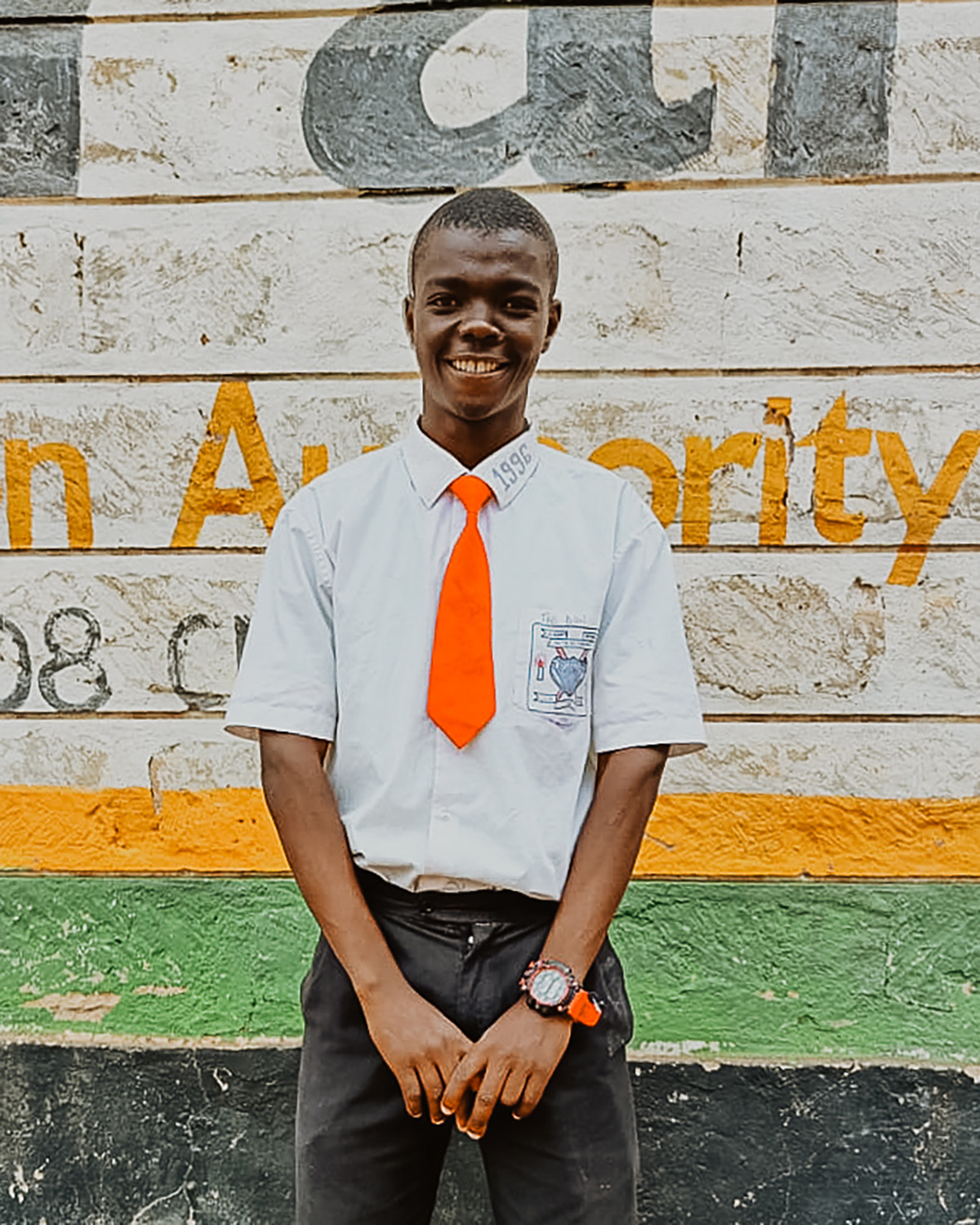
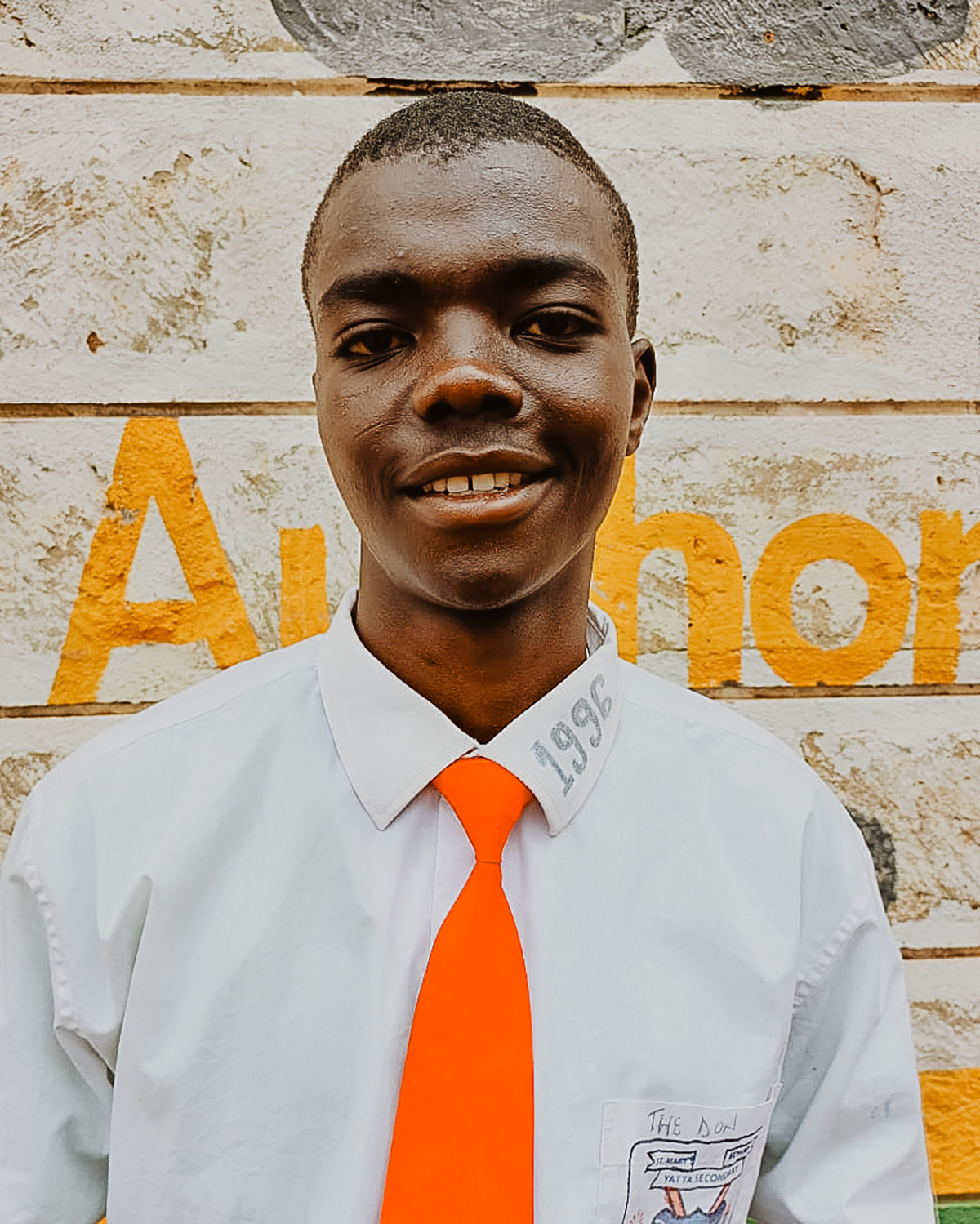
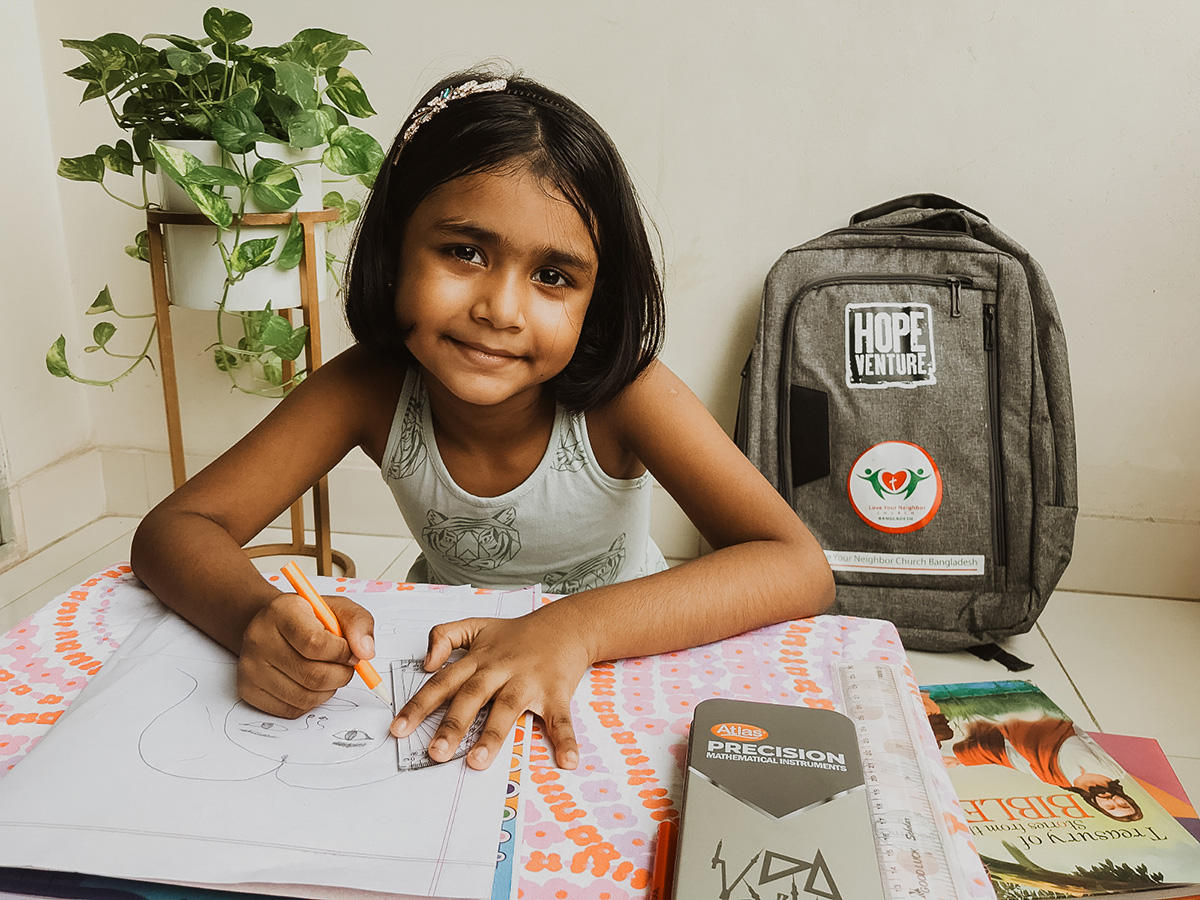
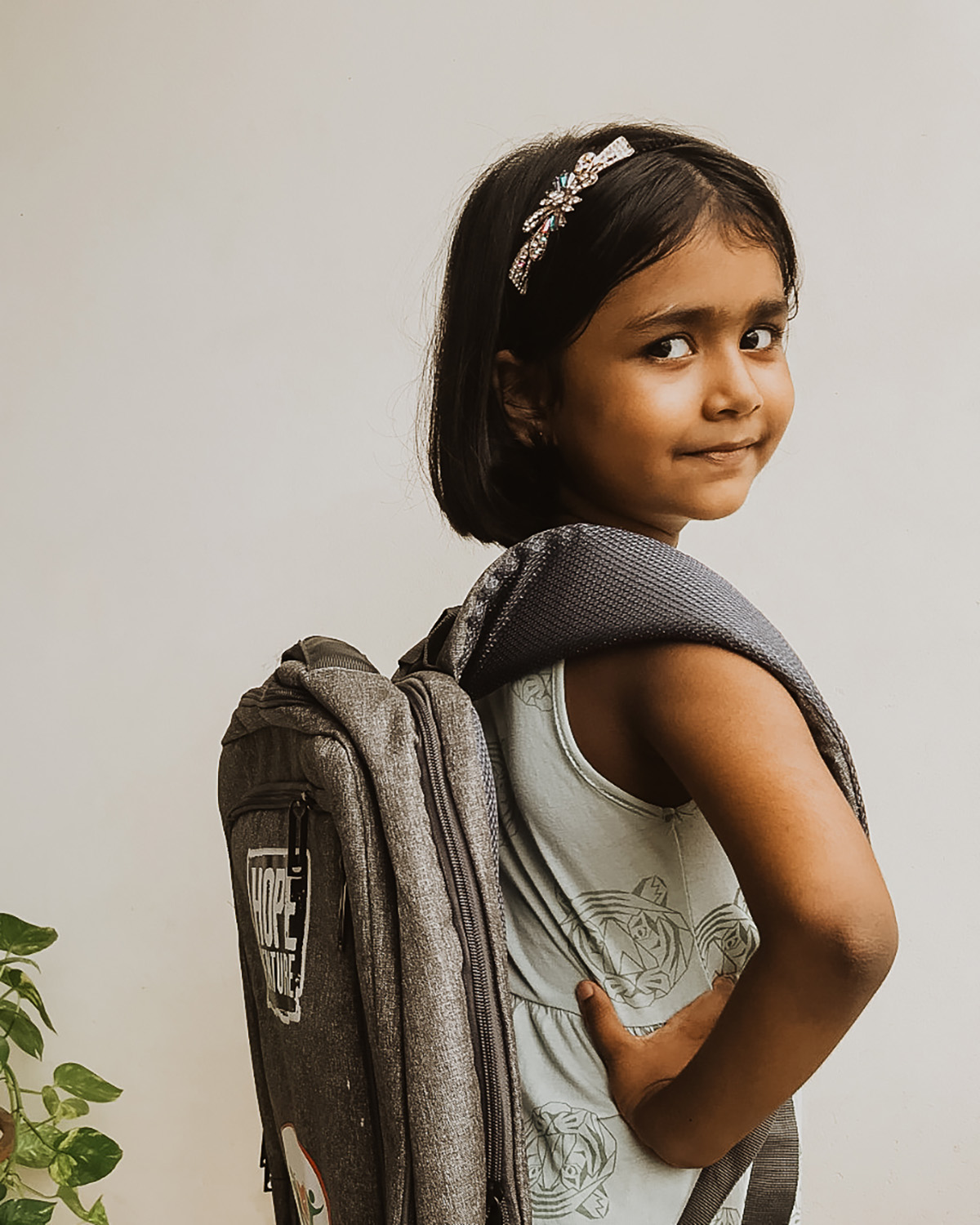
Recent Comments